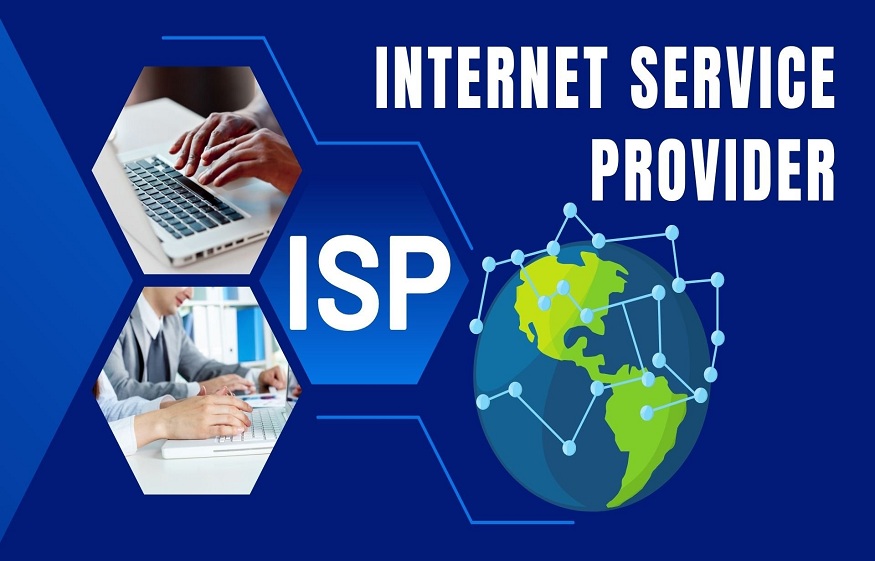Reliable internet connectivity is essential for both personal and professional activities. Internet Service Providers (ISPs) ensure that users can access fast and stable internet connections. However, navigating the world of ISPs can be overwhelming, with various options and packages available. Let us deep dive into the world of ISPs, exploring their services, technologies, and factors to consider when choosing the right provider.
Understanding Internet Service Providers
An Internet Service Provider such as spectrum internet is a company that offers Internet access to customers. They provide the necessary infrastructure to connect users to the internet, such as cables, routers, and servers. ISPs use various technologies, including Digital Subscriber Line (DSL), cable, fiber-optic, and satellite, to deliver internet services to consumers.
Types of Internet Connections
- Cable: Cable internet uses coaxial cables to deliver internet connectivity. It offers higher speeds than DSL and is often bundled with cable TV services. The downside is that cable connections are shared among users in a neighborhood. This can result in decreased speeds during peak usage times.
- Fiber-optic: Fiber-optic internet is the fastest and most reliable option currently available. It uses thin strands of glass or plastic to transmit data as pulses of light. Fiber-optic connections offer symmetrical upload and download speeds and are ideal for bandwidth-intensive activities like streaming and gaming. However, fiber-optic infrastructure has yet to be widely available in all areas.
- Satellite: Satellite internet is primarily used in remote or rural areas where wired connections are not feasible. It relies on satellites in space to transmit and receive data. While satellite internet has improved recently, it still suffers from higher latency and lower speeds than wired connections.
Factors to Consider when Choosing an ISP
- Speed and Bandwidth: Consider the speed and bandwidth options offered by ISPs. The speed you require depends on your internet usage. Streaming HD videos or playing online games requires higher speeds, while regular web browsing and email checking can be done with lower speeds.
- Reliability and Uptime: Look for ISPs with a reputation for reliability and minimal downtime. Check customer reviews and ratings to get an idea of the provider’s performance in terms of service interruptions.
- Pricing and Packages: Compare the pricing and packages offered by different ISPs. Consider the monthly cost, contract terms, and any additional fees or data caps. If desired, look for introductory offers and bundle options that include TV or phone services.
- Customer Support: Good customer support is crucial, especially when technical issues arise. Research the ISP’s customer service reputation and availability. Do they offer 24/7 support? Are there multiple channels to reach out to for assistance?
- Coverage and Availability: Check if the ISP offers services in your area. Not all providers have coverage in every region, so that availability may limit your options. Look for ISPs that have a strong presence and infrastructure in your locality.
- Data Caps: Some ISPs enforce data caps, which limit the amount of data you can use within a specified period. If you are a heavy internet user or stream content regularly, consider ISPs that offer unlimited or high data cap plans to avoid additional charges or speed throttling.
- Contract Terms and Early Termination Fees: Take note of the contract terms and any potential early termination fees. Ensure that you are comfortable with the length of the contract before committing to an ISP.
- Additional Services and Features: ISPs may offer additional services such as email accounts, security features, or Wi-Fi equipment. Evaluate these extras to determine if they align with your needs and if any additional costs are associated with them.
- Future Expansion and Upgrades: Consider the ISP’s plans for future expansion and upgrades in your area. If they have plans to deploy faster technologies like fiber-optic soon, it might be worth considering them as a long-term option.
Conclusion
Choosing the right Internet Service Provider is an important decision that can greatly impact your online experience. Consider your internet needs, the available technologies, and the above factors to make an informed choice. Research different ISPs, read customer reviews, and compare packages to find the one that offers the best combination of speed, reliability, and affordability. With the right ISP, you can navigate the digital highway smoothly and enjoy a seamless online experience.

